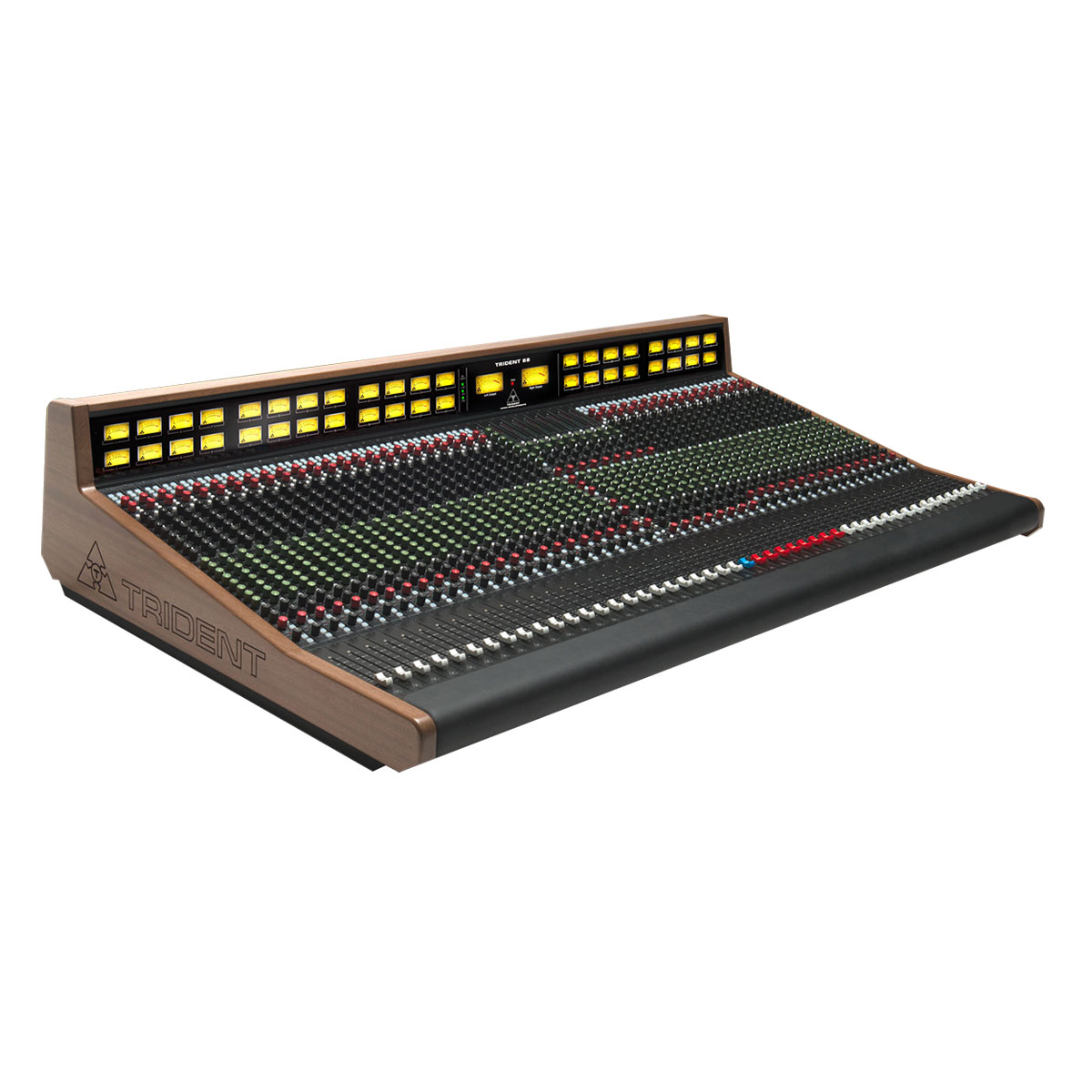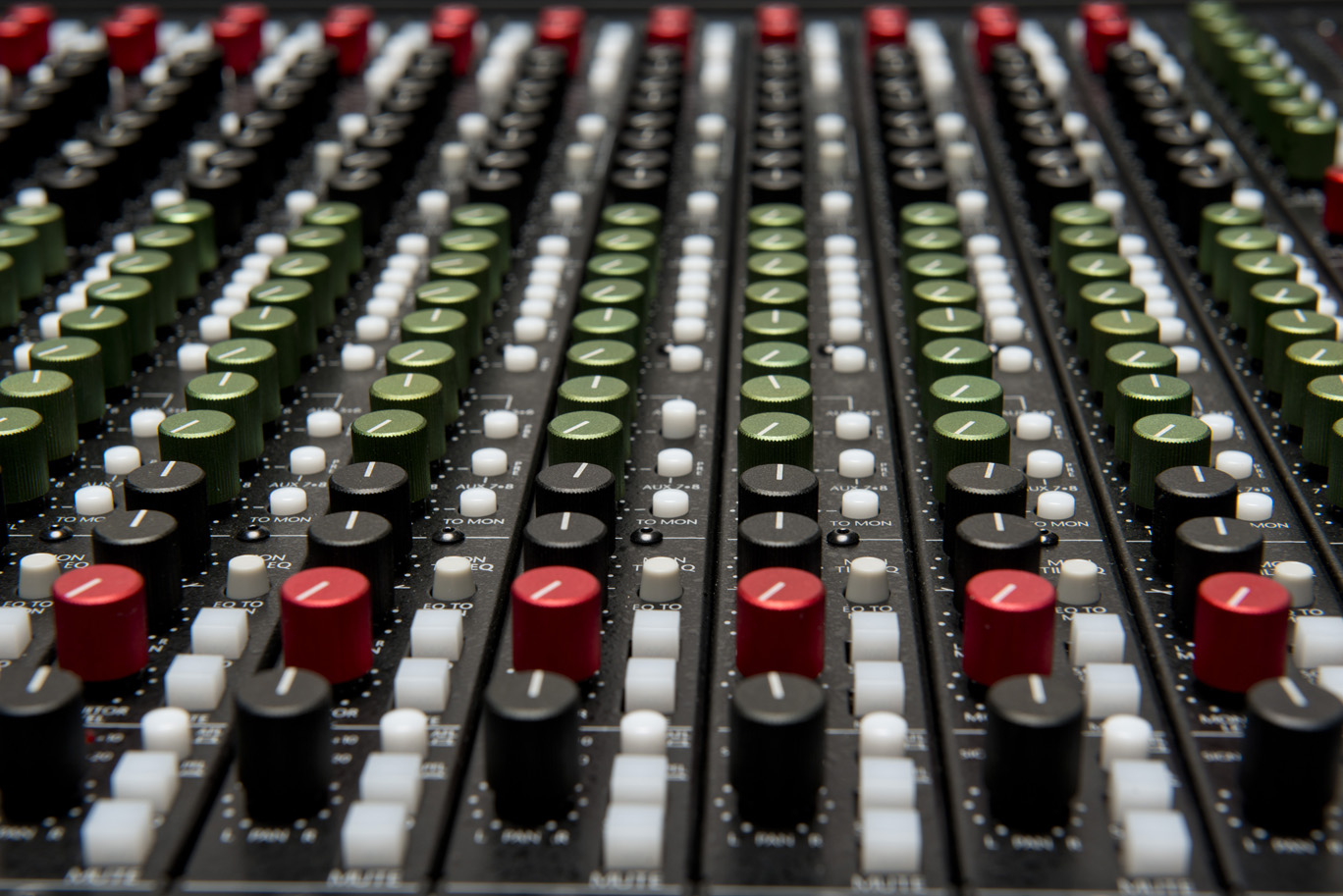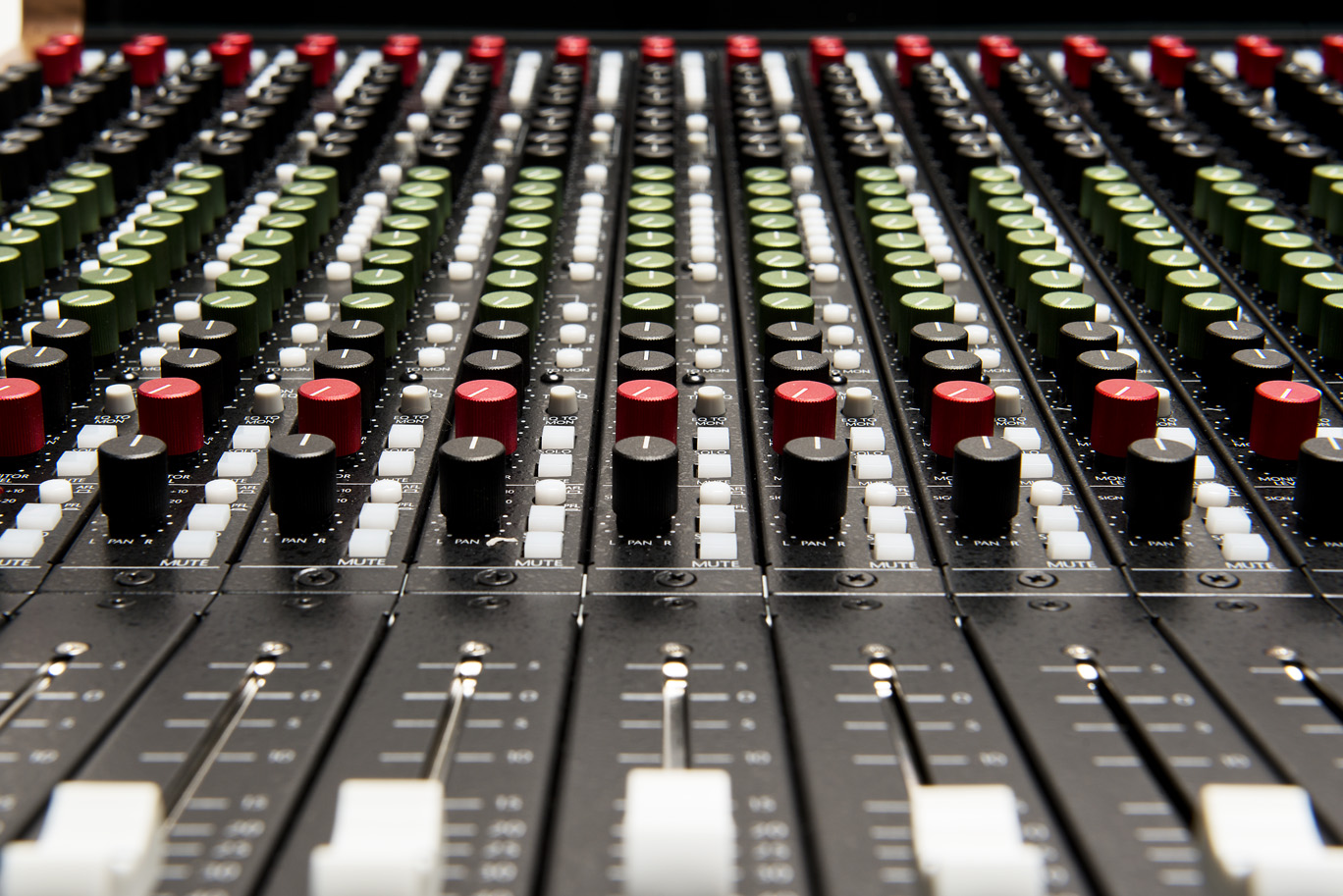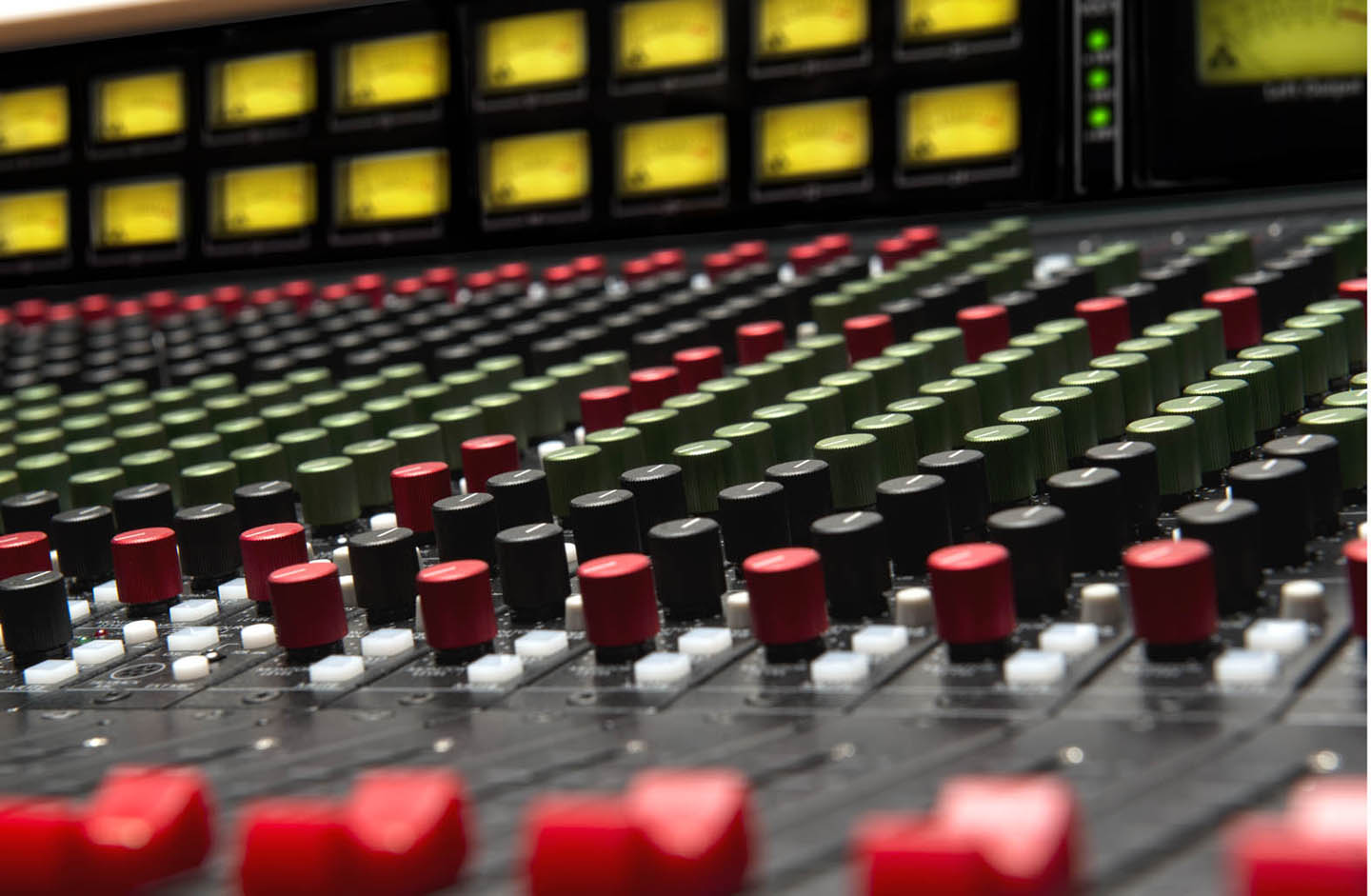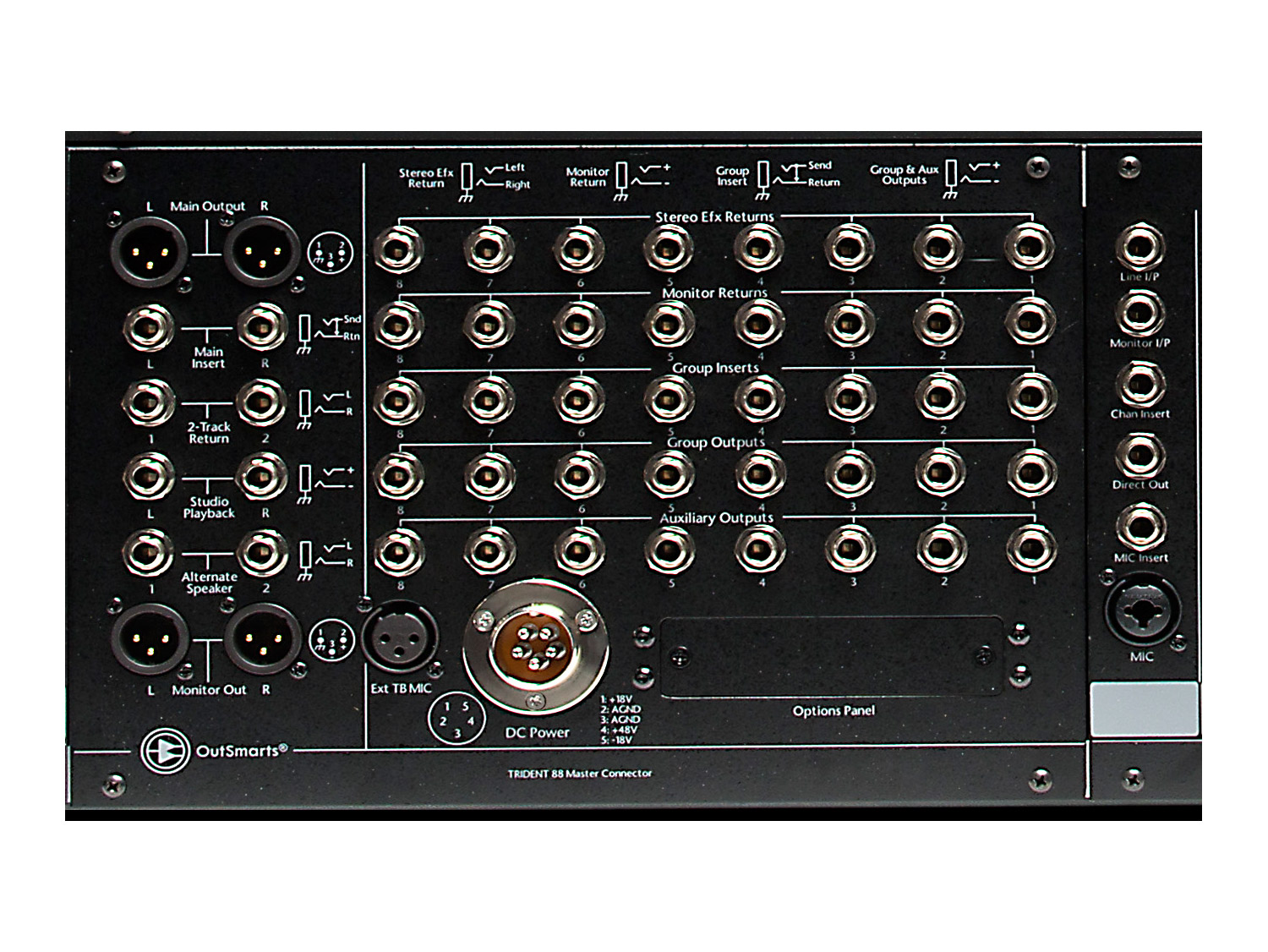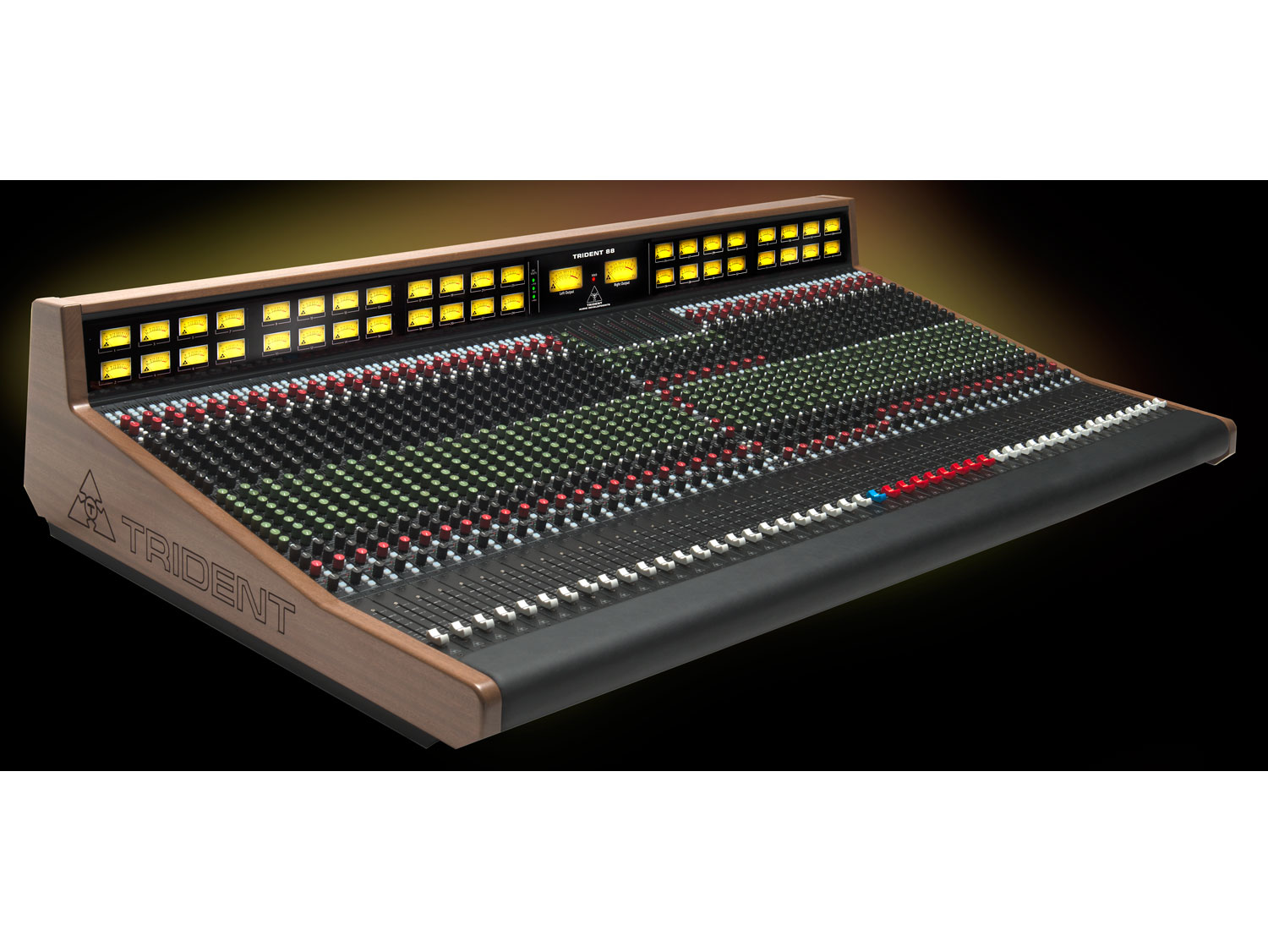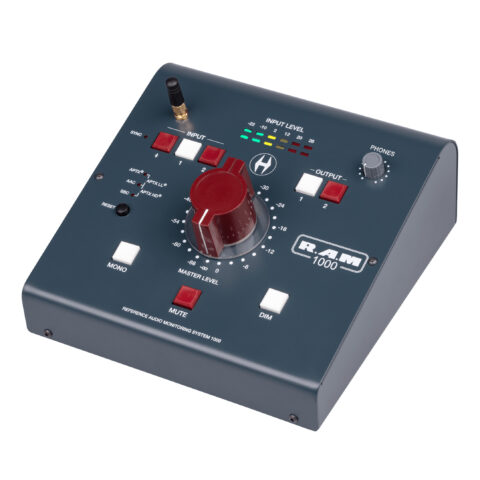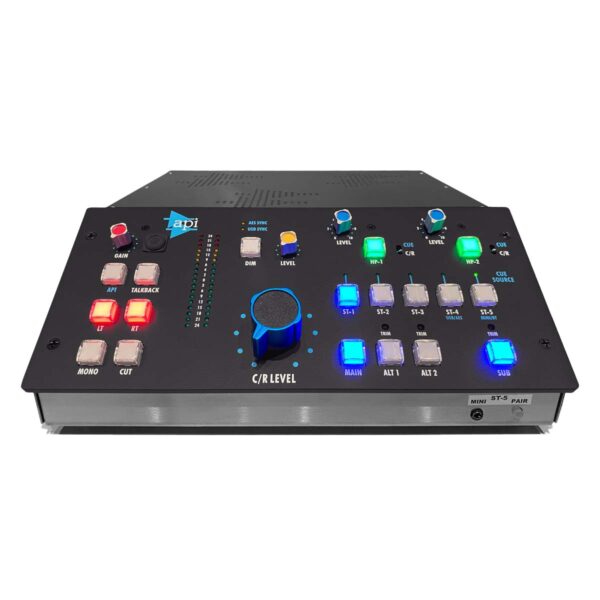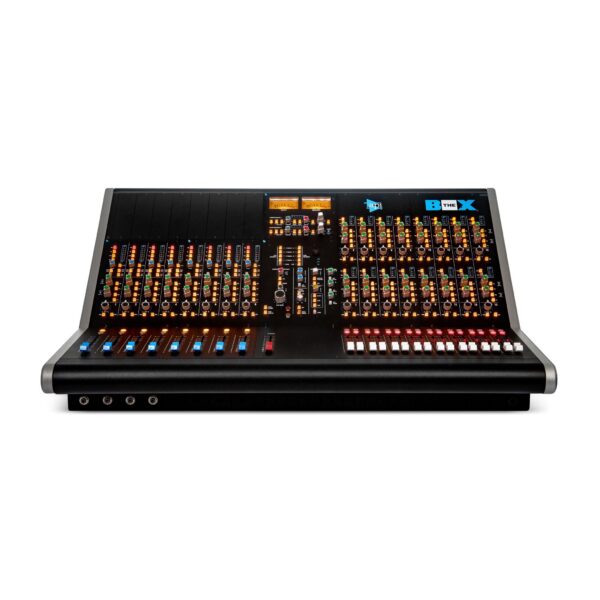Trident Audio Series 88 40 Ch Analogue Console with VU Meter Bridge
A modern take on the now classic Trident 80B, the Trident 88 was designed and is produced by some of the same team responsible for the original. An in-line desk available in eight, sixteen twenty-four, thirty-two, forty (and beyond) channels (and therefore twice that many inputs), the desks feature top flight mic preamps and versatile eq and auxiliaries. Fully modular and designed with ease of serviceability foremost in mind. Well priced (a good deal cheaper than anything comparable) and great sounding, these desks are finding homes with musicians, producers and commercial studios worldwide. Eccentric.
The Trident Audio 88 is a classically styled, in-line, eight-buss analog console and an advancement in lineage of the revered Series 80 mixing desks. Designed with manufacturability in mind, the 88 is artfully constructed for ease of use and workhorse reliability. Available in stock configurations of 8, 16, 24, 32 and 40 channels, the model 88 is sized to fit the modern, high end facility – whether private, institutional, or professional.
Along with the pleasingly familiar routing and feel of a classic Trident desk, are modern refinements that serve to improve functionality, workflow and performance specifications. For example, integration with outboard processors and mic pre’s, such as 500 format, is provided simply and elegantly by means of an exclusive, switchable input, which bypasses the channel preamp circuitry and allows for insertion of external signal sources directly to the channel equalizer.
Being a Trident, the equalization is of course, wonderful and on the 88 – it is also plentiful, on the channel, monitor, effects returns and group sections.
In the area of customizability, the 88 has options for vu metering, transformer I/O, automation, short loading and channel configurations exceeding forty inputs.
Features found throughout the 88 make for a straightforward and powerful package, but paramount to all else is The Sound. Among the many styles, preferences and methods of recording exists the expectation that a board must have the ability to be pushed hard and sound big. This is a hallmark of the series 80 consoles and the 88 carries that tradition forward.
Bottom line: The Trident Audio 88 was created with all of this in mind so that you can use it to make great sounding tracks.
Fully Modular Design:
- Faders, channels, groups, and master section are individually removable.
- All rear connections are also removable
Split/Inline Console:
- Dual Input to the Channels – line and monitor
- Four band, sweepable channel EQ, isswitchable with monitor Tilt EQ.
Microphone Preamp:
- Discrete Class A
- 60dB gain
- Electronically balanced input, with optional transformer balancing via Lundahl LL1538
- Full bypass insert
Console EQ:
- High and low shelving
- Low/high mid peaking
- 4 Sweepable bands boost/cut to +/-15dB.
- 50Hz high pass filter
- Insert pre/post eq
- Monitor in: Tilt
- Group FX Returns: 12kHz and 80hz shelving
- Group Monitor Returns: 12kHz and 80hz shelving
Master Section
- 8 Subgroups
- Monitor returns with high and low EQ
- FX Returns with high and low EQ
- 1/8″ TRS Input Onboard
- Talkback to Auxes in pairs, Groups, or Studio
- Built in Oscillator selectable at 1k or 10k
Specifications
Input Impedance
- Microphone: 2KΩ electronically balanced
- Line: 10KΩ electronically balanced
Output Impedance
- Left/Right, Monitor O/P, Group and Auxes: <60Ω (Outsmarts® Drive)
- All other Outputs: <100Ω
Frequency Response
- Mic Input to Mix Output: <+0, -0.3dB 20Hz to 80KHz @ 6-40 dB gain.
- Line Input to Mix Output: <0, -0.3dB 20Hz to 60KHz @ 0 dB gain.
Distortion/Noise (T.H.D +Noise) at +15dBu Output
- Mic XLR Input to any Output (-20dBu input): <0.005%
- Line Input to any Output: <0.003%
- Monitor/Tape Return Input to any Output: <0.003%
Noise:
- Mic EIN (20-20KHz, 150Ω source, 60dB gain): <-128.5 dBu
- Residual Bus Noise (Output fader at min): <-95 dBu
- Bus Noise (40 inputs continually assigned): <-81 dBu
- (24 Input Mon/Tape Returns, 8 EFX Returns and 8 Master Tape Returns)
- Bus Noise (24 inputs routed equiv. to 64 Inputs): <-77 dBu
Crosstalk
- Adjacent Channel: < -90dB (@20KHz): <-110dB (@1KHz)
- Channel Fader Mute: <-95dB (20Hz to 20KHz)
- Monitor/Tape Return Mute: <-85dB (20Hz to 20KHz)
- Mix/Bus Assign: <-80dB (20Hz to 20KHz)
- Aux to Aux: <-80dB (20Hz to 20KHz)
Maximum Input
- Mic (XLR) Input (at min gain): +17dBu
- Mic (1/4″) Input (at min gain): +42dBu
- Line (at min gain): +42dBu
- Channel Insert Return: +22dBu
- All Output Insert Returns: +28dBu
Maximum Output
- Mix, Group, Aux, Monitor Outputs: +26.5dBu (Into 600Ω)
- Insert Send, Studio, Alt Outputs: +22dBu (Into 2KΩ)
Phase
- Mic Input to Direct Out: +17o to -8o: 20Hz to 20Khz
- Mic In to Mix Output: +25o to -17o: 20Hz to 20Khz
- Line In to Mix Output: +25o to -20o: 20Hz to 20Khz
- Monitor/Tape Return to Mix Output: +15o to -20o: 20Hz to 20Khz
